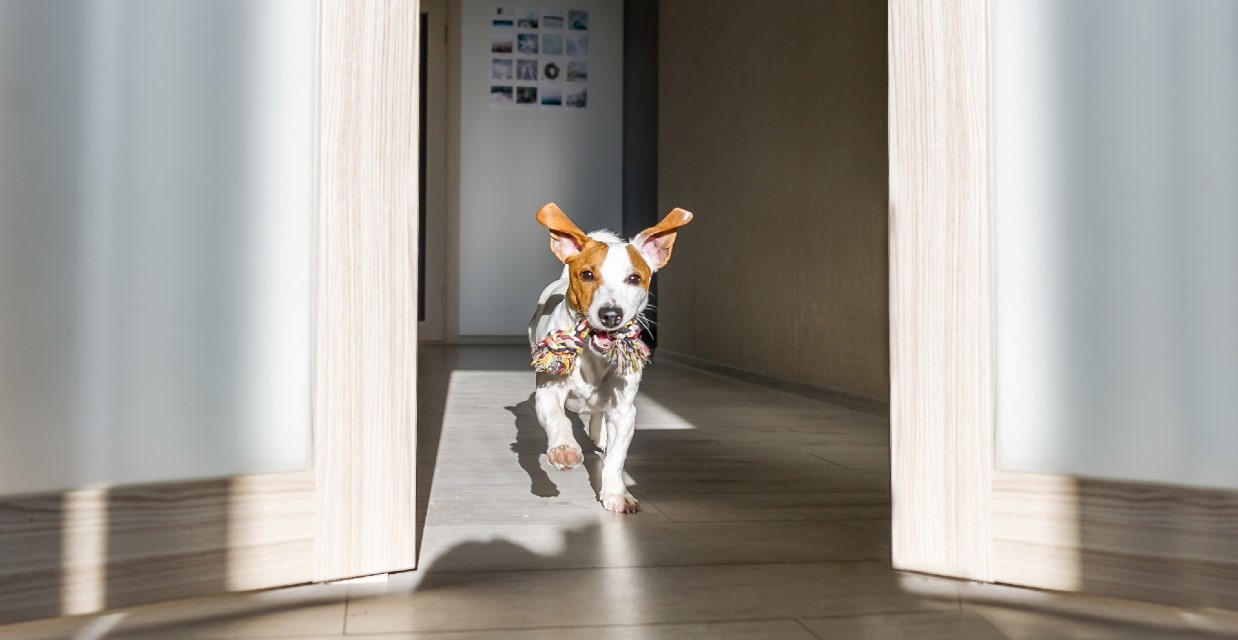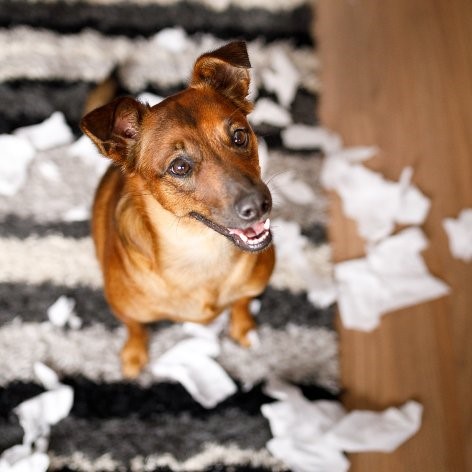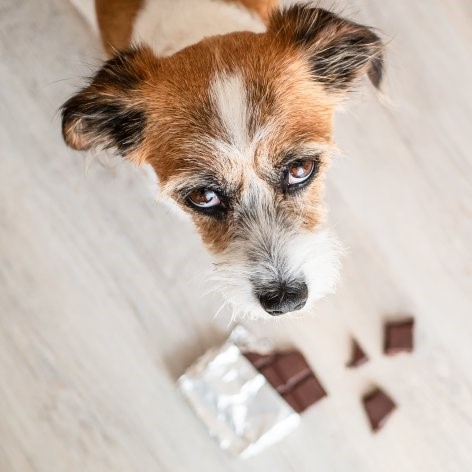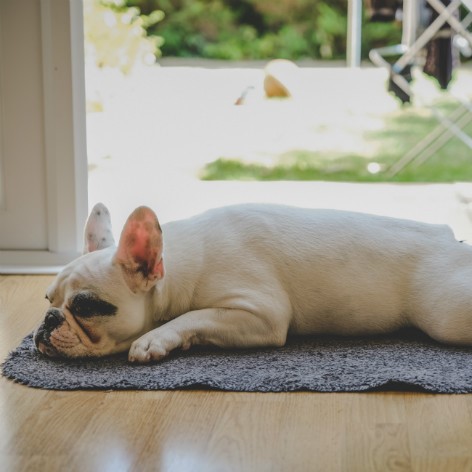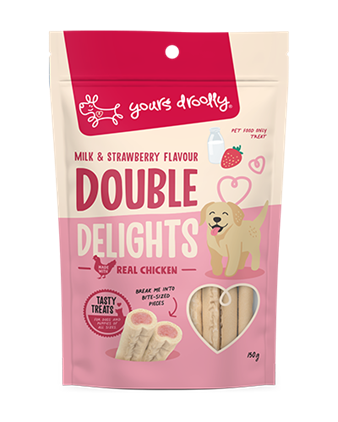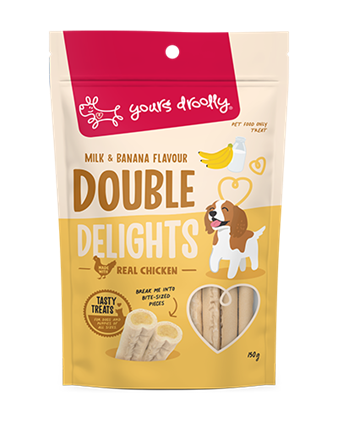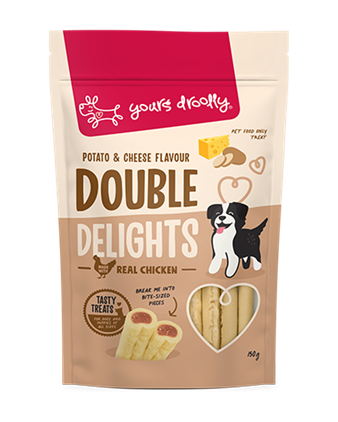Dogs vary considerably in terms of their temperament and personality. Dog personality is typically assessed using a modified version of a human personality assessment which measures The Big Five personality traits. These traits include extroversion, agreeableness, openness, conscientiousness and neuroticism. Each trait is measured on a continuum and individuals can fall anywhere on these continuums. The Big Five are believed to stay relatively stable throughout an individual’s life.
Where your dog falls on the Extroversion continuum can have a strong influence on their behaviour.
So what do introverted and extroverted mean and how can you tell where your dog falls on the scale?
What does introverted and extroverted mean?
In people, introversion refers to a tendency to feel more comfortable focusing on their inner thoughts, ideas and imagination, rather than what's happening externally. Introverts prefer to spend time with just one or two people, rather than large groups or crowds. Whereas extroverted people tend to enjoy and focus more on the outside world. Extroverts are known to be warm, positive, gregarious and enjoy excitement and socialising.
Is my dog an introvert or extrovert?
To identify if your dog is an introvert or extrovert, observe their behaviour in a variety of situations.
Signs of introversion in dogs include easily becoming overwhelmed and anxious in new situations or following a change in routine and prefer to watch other dogs from a distance rather than joining in the play.
Introverted dogs enjoy a quiet life and consistent routine and are best matched to owners who are calm and can help their shy dogs feel safe.
Whereas signs of extroversion in dogs could be: wanting to be the centre of attention, greeting visitors and strangers enthusiastically, loving trips to the dog park to play with other dogs as well as visiting new places and having new experiences.
Extroverted dogs make a great match for social and active owners.
It’s important to acknowledge that dogs can display traits of both extroversion (e.g. enjoyment of play), and introversion (e.g. guarding resources such as their food or favourite bed). This change in trait can be context specific meaning a dog may exhibit introverted behaviour in certain situations despite its extroversion, and vice versa.
Taking care of an introverted dog
Given the traits of an introverted dog and their tendency to experience anxiety more often and acutely, how best can you take care of your introverted dog? Recognising when your introverted dog is no longer calm and relaxed in a situation and removing them from that situation can help ease anxiety, as can some reassurance. Provide your introverted dog with some quiet time every day and avoid forcing them to interact with other dogs or people if that’s something they don’t enjoy or a situation that causes them anxiety.
Taking care of an extroverted dog
If you have an extroverted dog, taking care of them should involve having boundaries in place and a consistent routine. Extroverted dogs often push the boundaries and can become overexuberant and overstimulated more easily. Training is essential for canine extroverts so they learn appropriate behaviour when interacting with people and other dogs.
Extroverted dogs also enjoy lots of exercise and mental stimulation as they can become bored easily. Providing enrichment for your extroverted dog can help ensure they don’t find ways to entertain themselves, such as digging up the backyard, barking at passers-by or chewing things they shouldn’t.


